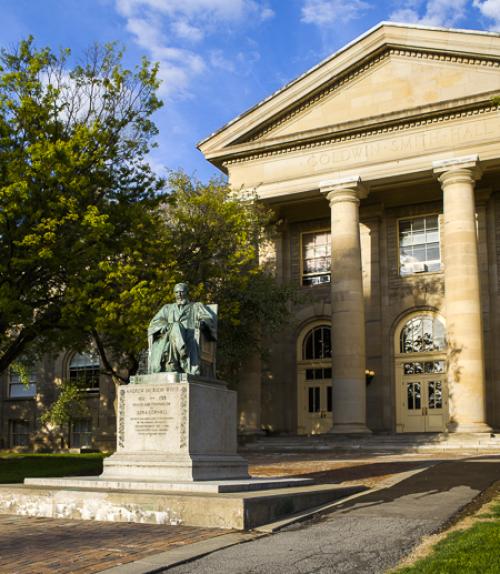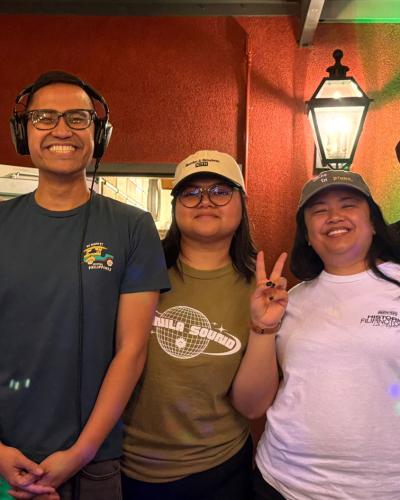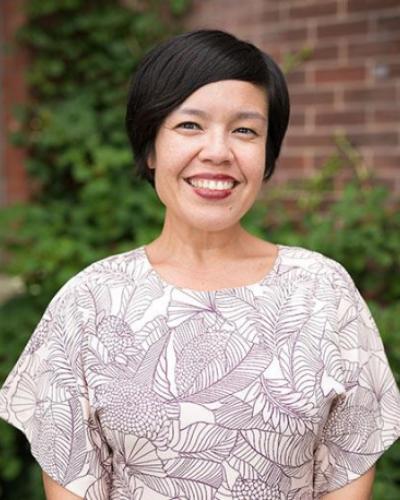PMA Associate Professor Christine Bacareza Balance was interviewed on Faculti, a research-driven platform that offers over 8,000 expert-led videos annually. Her interview centers around researching and revisiting the production history of Francis Ford Coppola's film Apocalypse Now within the historical context of the Marcos regime and Philippine martial law in the 1970s. This interview builds upon research and writing for Balance’s current book project, Making Sense: Poetics, Performance, and Philippine Martial Law.
“This film solidifies [Francis Ford Coppola] as a kind of auteur director… and a lot of that capital and prestige was built upon the backs of and the labor of local Filipinos, Filipino artists,” said Balance. “This is also a time of the U.S. Vietnam War and martial law, and, one of the largest refugee relocation camps, during that time of both Vietnamese and Cambodian refugees in the Philippines. So their labor is part of the film itself.
“Both looking at the production history and visiting the place really made me question the ways in which I, myself, was looking for a kind of visibility and representation within U.S. standards…. For future research and writing… I want to pay more attention to the specificity of each place that this film was produced in, as well as the relationships between them. And again, during a time of martial law, and a lot of the focus about Philippine martial law history… I think there's a way in which the archeologic forces us to flesh out and consider what it felt like for other people in other places in the Philippines.”





